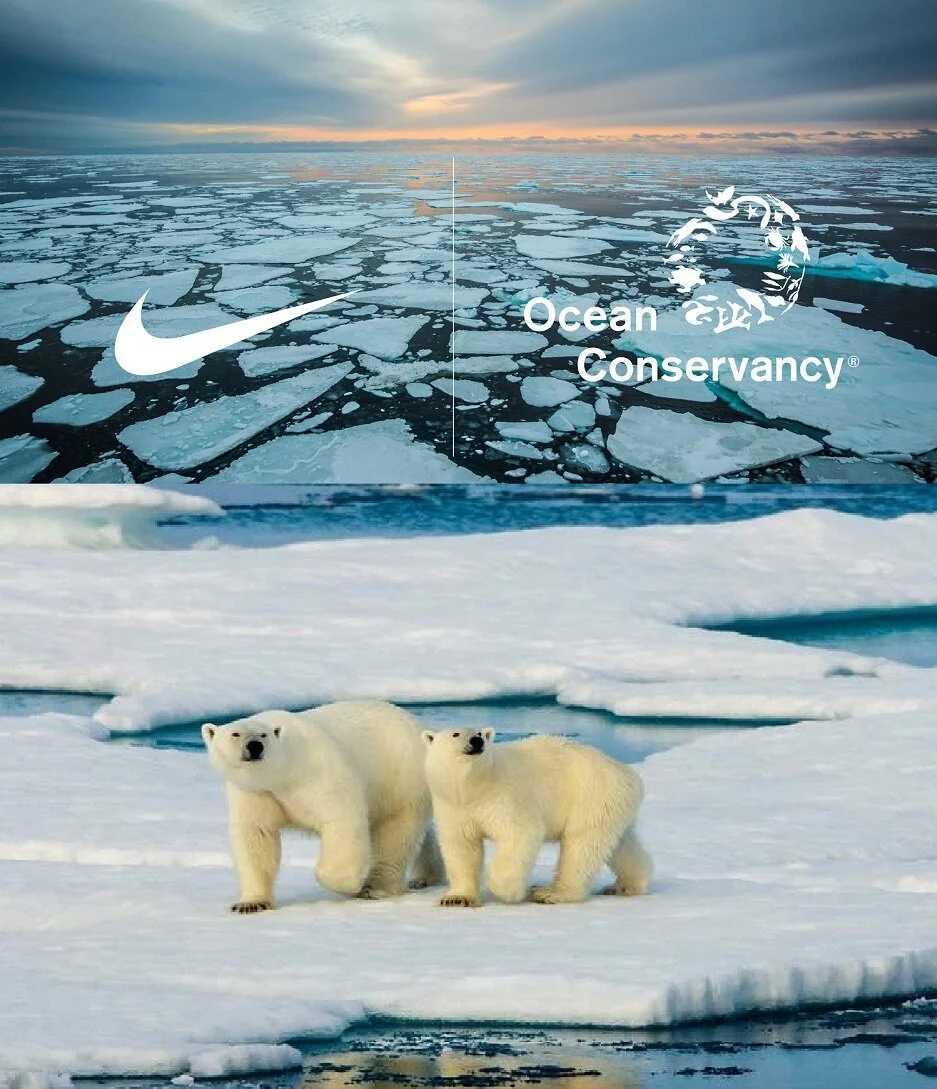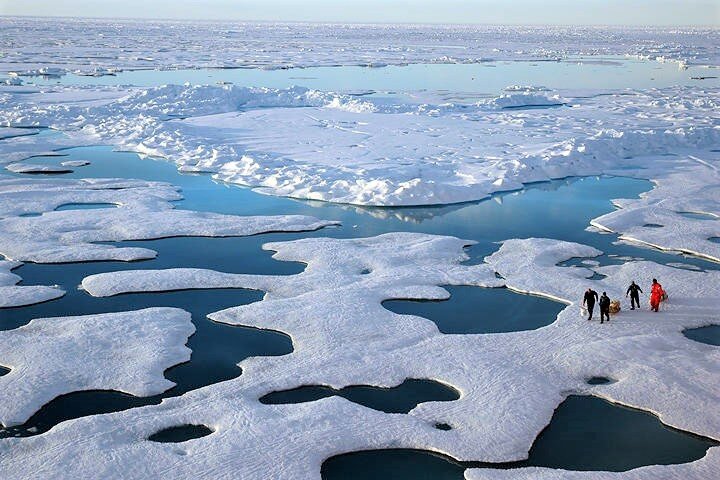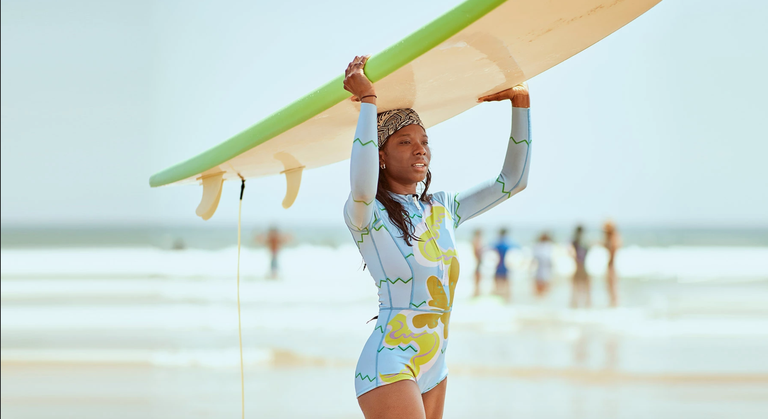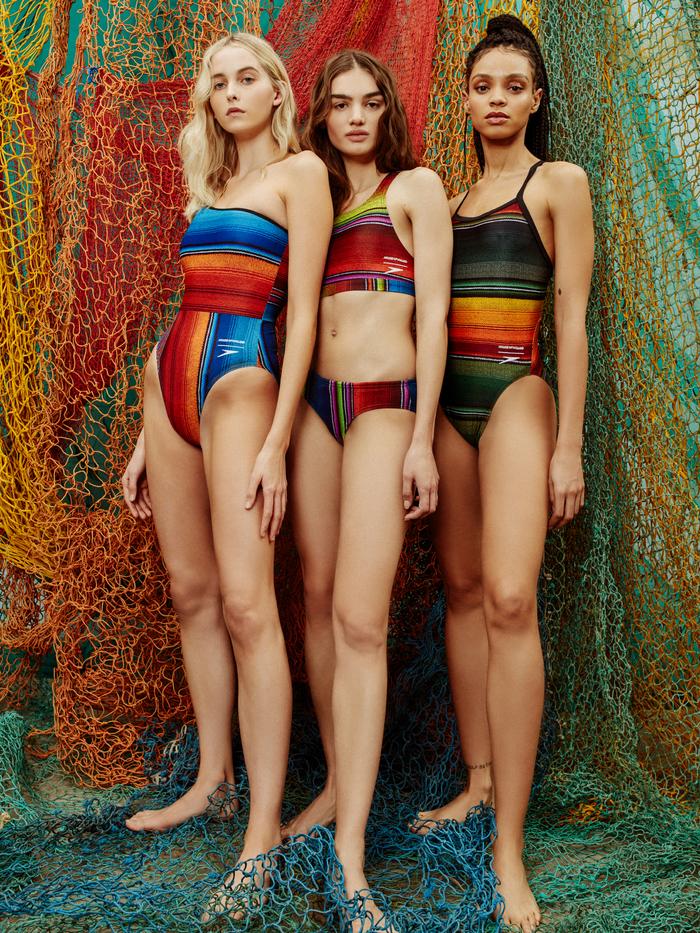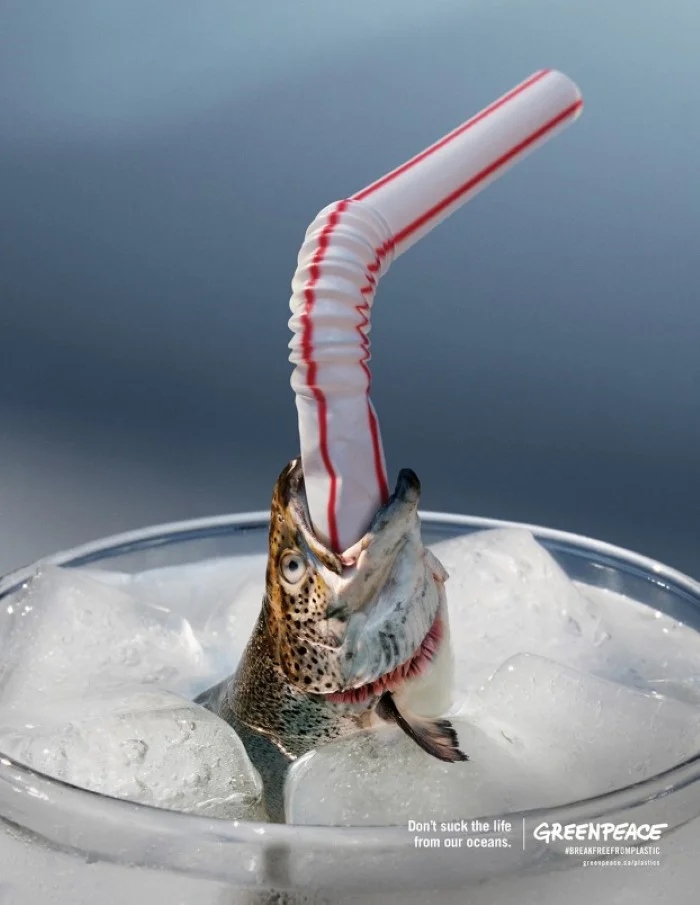Nike Signs (No) Arctic Shipping Pledge, Joining H&M Group, Kering, PVH Corp
/The truth is that many large corporations have no problem that the Arctic is melting. They want the new shipping route as a terrible example of corporate greed and self-interest. Still, corporate interests are salivating to ship through the Arctic year-round.
It’s very important that NIKE has teamed up with the Ocean Conservancy to launch the Arctic Shipping Corporate Pledge, inviting businesses and industry to join in a commitment against shipping through the Arctic Ocean.
Ships are responsible for more than 18 percent of some air pollutants. It also includes greenhouse gas emissions. The International Maritime Organization (IMO) estimates that carbon dioxide emissions from shipping were equal to 2.2% of the global human-made emissions in 2012 and expects them to rise 50 to 250 percent by 2050 if no action is taken.
The Arctic Shipping Corporate Pledge invites companies to commit to not intentionally send ships through this fragile Arctic ecosystem. Today's signatories include companies Bestseller, Columbia, Gap Inc., H&M Group, Kering, Li & Fung, PVH Corp., and ocean carriers CMA CGM, Evergreen, Hapag-Lloyd and Mediterranean Shipping Company.
"The dangers of trans-Arctic shipping routes outweigh all perceived benefits and we cannot ignore the impacts of greenhouse gas emissions from shipping on our ocean," says Janis Searles Jones, CEO of Ocean Conservancy. "Ocean Conservancy applauds Nike for recognizing the real bottom line here is a shared responsibility for the health of the Arctic—and believes the announcement will spur much-needed action to prevent risky Arctic shipping and hopes additional commitments to reduce emissions from global shipping will emerge."
For Nike to take a lead in advancing and promoting awareness of the Arctic Shipping Corporate Pledge is an excellent victory. With all the moves to track how products are made and transported, we can check a product on our phones and see if it's been transported through the Arctic. If the environment means enough to us -- this is where consumer power comes into action. But it takes business leaders like Nike to talk to other corporate leaders on some of these topics. At least, it's a collaborative effort of business and activism like this one.




